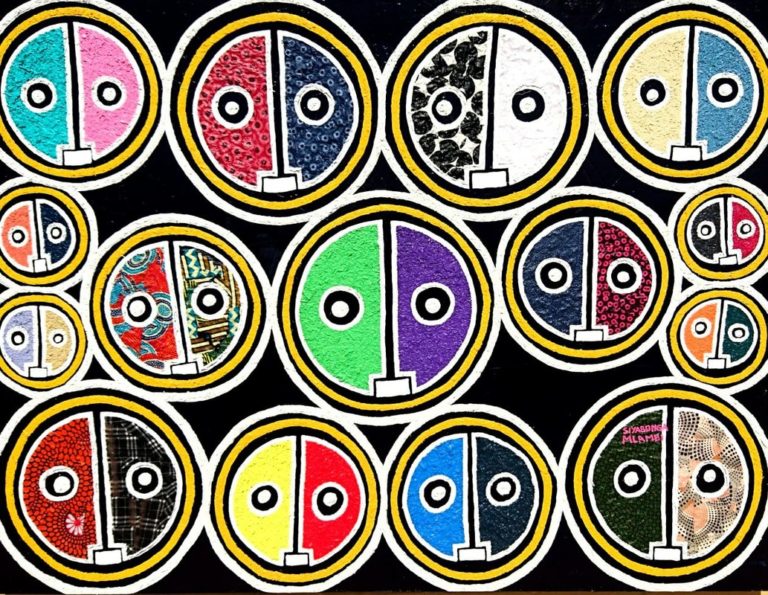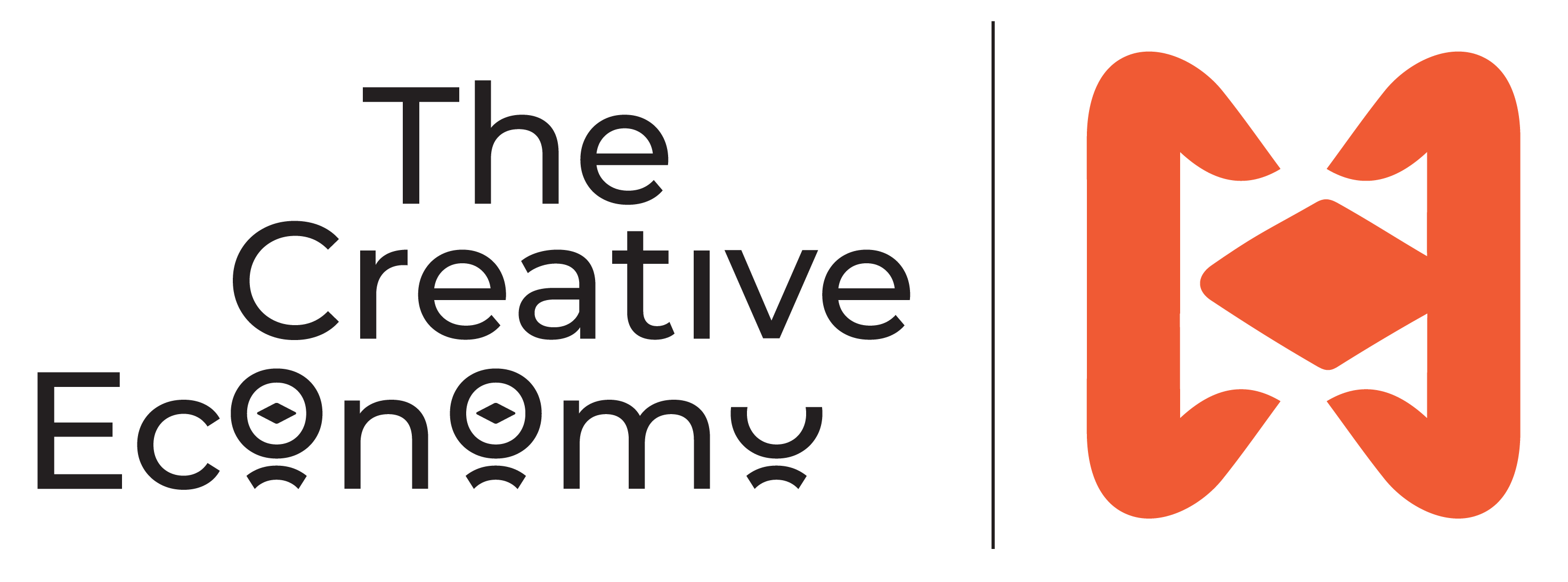Creative industries a potential source of job creation on the continent
Africa is brimming with talent. With the influence and reach of African artists and creatives now global due to social media and digital streaming services, the continent’s creative sector is gaining momentum and interest. But what does this mean for a sector that is often overlooked and untapped?
This rapidly growing sector can boost economies and drive inclusive socio-economic development. Its significant contribution of 3 percent of the global gross domestic product (GDP) highlights the economic potential of creative industries as a source of growth and job creation (EY, 2015). In Nigeria alone, creative industries contributed approximately US $18 billion to GDP (World Bank 2020).
According to UNESCO, creative industries account for more than 30 million jobs globally, employing more young people aged 15-29 worldwide than any other sector (UNESCO, 2015). As more young people enter Africa’s labour market, national economies will need to create jobs to meet the demand. Creative industries have the potential to address the urgent need for job creation across the continent.

However, to realize this potential, more needs to be done to protect and promote Africa’s creative industries.
Impact of COVID-19
The COVID-19 pandemic has had a devastating impact on creative industries globally, not only cancelling or delaying tourism, events, film shoots, and album releases, but also constraining gatherings and face-to-face contact that creative workers rely on to collaborate, build networks and market their goods or services (World Bank, 2020).
Although there is limited information on the extent of the impact of COVID-19 on Africa’s creative industries, artists and cultural creators are finding new ways to deliver their art and connect with audiences. With the right support, many have led the way in adapting to e-commerce and moving events online. Through the Mastercard Foundation Covid-19 Recovering and Resilience Program, we are expanding access to financial services for small and medium enterprises across industries, including creative sectors, to enable them to withstand the economic effects of COVID-19 and build resilience.
Supporting creative entrepreneurs
Entrepreneurship in creative sectors is increasing globally, largely due to the precarious and insecure nature of creative jobs, particularly for women (OECD, 2018). Ensuring the growth and survival of small and medium-sized enterprises in the creative sector, through capacity building and access to financing— will enable job creation and income generation.

With Young Africa Works in Nigeria, we aim to deliver interventions and partnerships that will strengthen and support the growth of Nigeria’s creative economy. We will scale access to affordable and versatile finance for MSMEs in creative industries and address barriers to the growth and formalization of the sector including rights management and global e-platform partnerships.
Through our partnership with KISUA, an African fashion brand and fashion technology company, we are enabling micro-, small, and medium- enterprises (MSMEs) in the fashion industry to integrate into supply chains of large retailers, while cultivating dignified work.
Leveraging digital technology
COVID-19 has accelerated trends of digitization and exposed pre-existing disparities and challenges of the creative economy. With strict physical distancing and lockdown measures, consumers are shifting to online shopping. Artisans, fashion designers, and creative professionals need to adapt and pivot their businesses to remain profitable.
Ananse, an e-commerce platform, is connecting African designers with local and international consumers. By simplifying international e-commerce payments and logistics, the platform supports fashions designers and artists to grow their businesses.
Digitalization of the sector can boost Africa’s creative economy by expanding access to global markets—offering new growth opportunities and pathways to generate income. To capitalize on this, creative entrepreneurs need to leverage digital technology through upskilling and digital literacy training.
Nurturing the growth of Africa’s creative industries through supportive policies, access to finance and global markets, and investing in human capital— will unlock prosperity and unleash its economic potential.
This article was originally published on Master Card Foundation.

